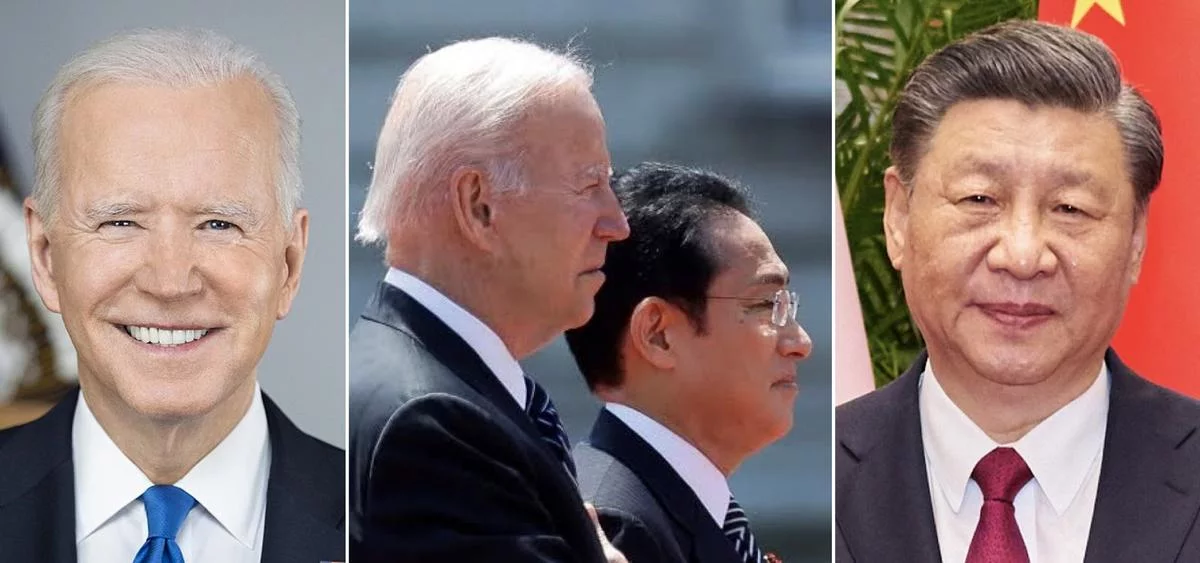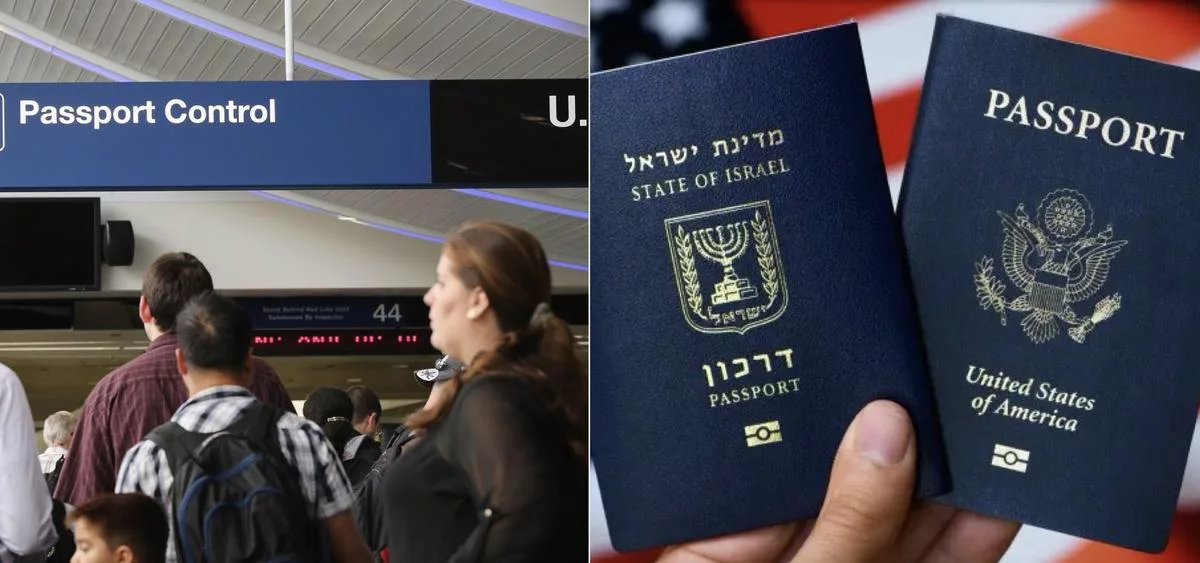China’s Cyberattack Fear Drives US-Japan Intelligence Unity; Resilient Partnership Unfazed by Defense Network Breach

Credit: Google
Recent developments in global cybersecurity have highlighted China’s alleged hacking of Japan’s defense networks, triggering concerns about sensitive information and intelligence sharing. Despite these challenges, the United States and Japan are maintaining a robust intelligence partnership.
Senior US national security officials expressed apprehension over the breach, fearing that sensitive data shared with allies could be compromised. The breach prompted a series of visits from multiple US delegations, indicating growing worries about cybersecurity preparedness. While the US exhibited concern, Japan’s response seemed insufficient in addressing these security threats.
Chinese hackers gained unauthorized access to Japan’s defense networks, triggering heightened alarm within diplomatic circles. The Pentagon, however, affirmed its confidence in intelligence sharing with Japan, emphasizing that the collaboration remains unwavering.
The Pentagon said on Tuesday it was confident about sharing intelligence with Japan, despite a US news report saying Chinese military hackers gained access to Japan's most sensitive defense networks.https://t.co/1Cp7xSAsWe
— GMA Integrated News (@gmanews) August 8, 2023
According to sources, Chinese military hackers reportedly accessed classified defense networks in 2020, obtaining critical information about Japan’s military capabilities, strategic plans, and assessments of vulnerabilities. While the exact extent of the breach remains unclear, Japan’s Chief Cabinet Secretary, Hirokazu Matsuno, stated that confirmation of leaked security information was yet to be established.
Unnamed former US military officials characterized the breach as alarming, with the severity of the situation prompting the head of the US National Security Agency to brief Japan’s defense minister. Japan’s efforts to fortify its networks were acknowledged, but concerns persisted regarding the efficacy of these measures in countering Chinese cyber espionage.
In response to the Washington Post’s report, Sabrina Singh, a spokesperson for the Pentagon, refrained from direct comment, deferring to Tokyo’s response on intelligence and cyber capabilities. Despite this, Singh expressed confidence in the ongoing intelligence-sharing relationship between the US and Japan.
The revelations come ahead of a trilateral summit involving the US, Japan, and South Korea, scheduled for August 18. In anticipation of the summit, the three nations are expected to announce enhanced security cooperation measures to address rising concerns posed by China.
Japan’s Chief Cabinet Secretary, Matsuno, emphasized the historical closeness of communication between Japan and the US, underscoring the foundational role of cybersecurity in maintaining the alliance. He reiterated Japan’s commitment to securing its network infrastructure to ensure the robustness of the partnership.
As of now, Beijing has not provided an immediate response to the allegations, leaving questions regarding China’s involvement and response unanswered.
In preparation for the upcoming summit, the three allies are actively discussing collaborative measures to strengthen their security bonds. Among the initiatives being considered are the establishment of a trilateral leader-level hotline, intensified joint exercises, and cooperative efforts to enhance cybersecurity, missile defense, and economic security.
As global cybersecurity challenges persist, the enduring partnership between the United States and Japan stands as a testament to their shared commitment to addressing evolving threats and maintaining regional stability.
RELATED NEWS
WEB STORIES FOR YOU
Stay connected with Today On Globe for the latest Global Issues and News Updates.
Explore more related articles at [TOG News / TOG Article]























